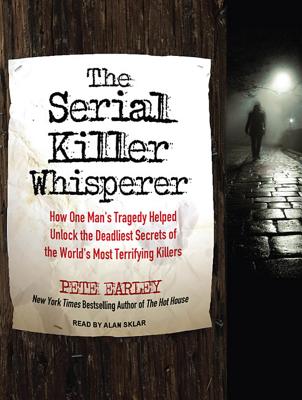With tears in his eyes and his voice showing emotion, Carl Elliott Jr., told me last week that he hoped my book, The Serial Killer Whisperer, would finally be enough to get Florida’s governor to schedule the execution of serial killer David Gore.
Gore abducted, raped, and murdered Elliott’s daughter, Lynn, age 17, in Vero Beach. He has been on death row for nearly thirty years. 
I certainly did not write my book to prompt the death of anyone, including Gore. But my book has re-ignited interest in his case and is stirring strong emotions in Vero Beach.
The book describes the plight of Tony Ciaglia, who was hit in the skull by a speeding jet ski when he was 15 years old. He died three times en route to the hospital but was revived. After several weeks in a coma, Ciaglia awoke much different from the carefree, happy, and popular teen he had been. Filled with rage, often uncontrollable, and suffering from damage to the front lobe of his brain, Ciaglia spent much of the next several years under a self-imposed house arrest. At times, he was suicidal. Bored and aimless, he needed a hobby and by chance he began writing serial killers. His psychiatric problems mimicked those of the killers and he was able to befriend many of them and get them to share their inner-most thoughts with him. Today, he tries to help the police with his ability to communicate with killers.


 overlooked. Instead, he managed to win his freedom, take control over his symptoms and become a strident consumer advocate. Along the way, he earned a doctorate in psychology, ran a hospital ward and taught as a professor. As a speaker, he is an emotional powerhouse who causes listeners to leap to their feet.
overlooked. Instead, he managed to win his freedom, take control over his symptoms and become a strident consumer advocate. Along the way, he earned a doctorate in psychology, ran a hospital ward and taught as a professor. As a speaker, he is an emotional powerhouse who causes listeners to leap to their feet.



